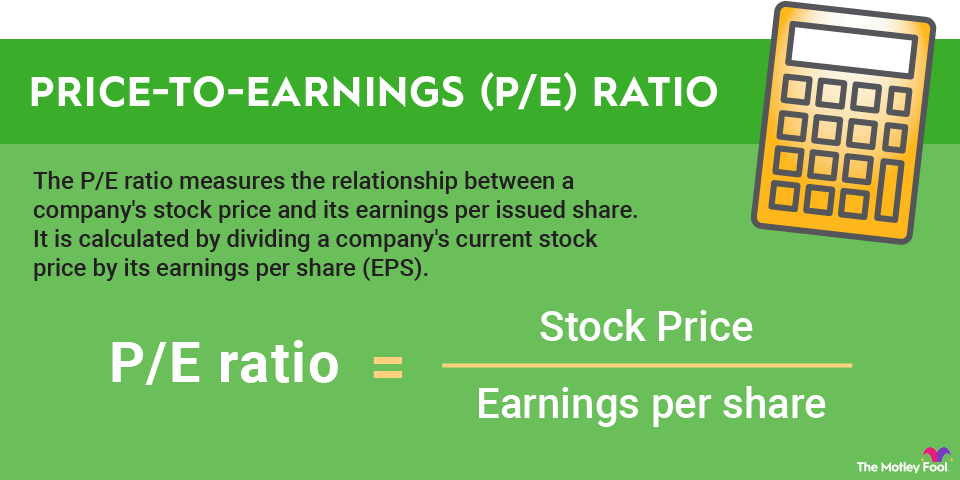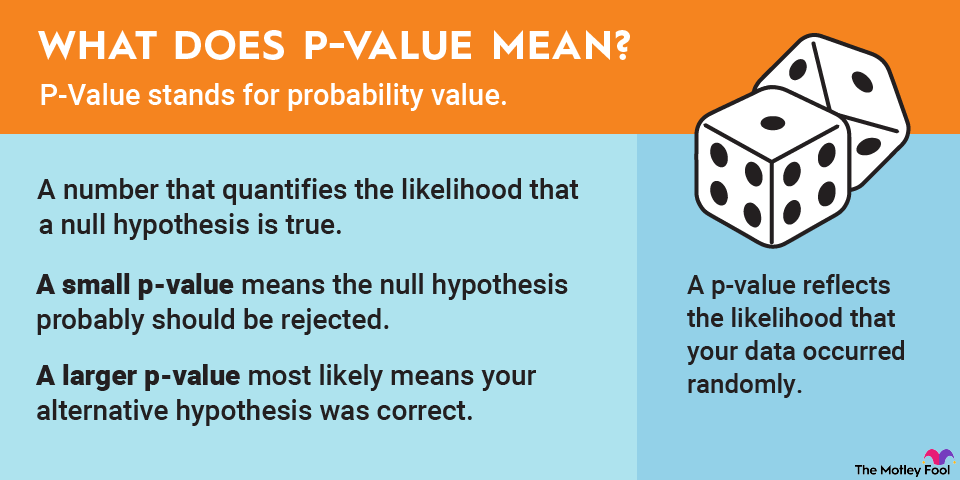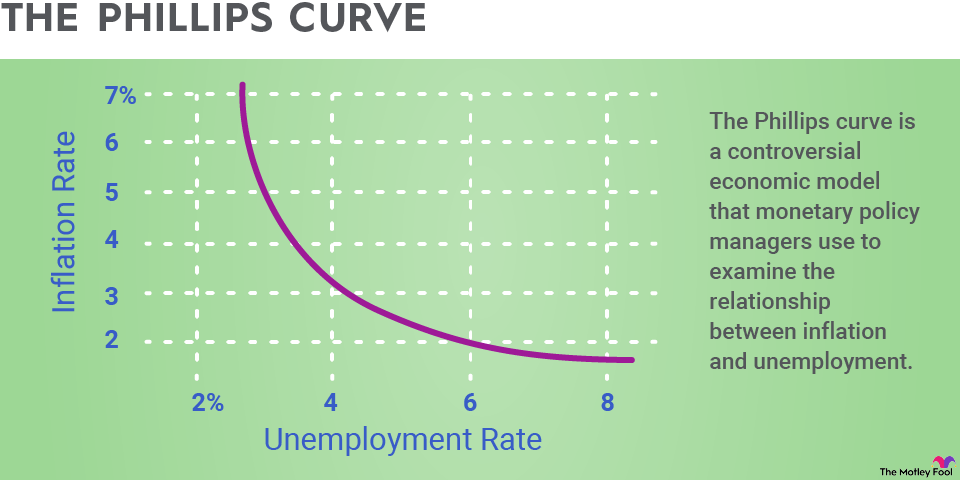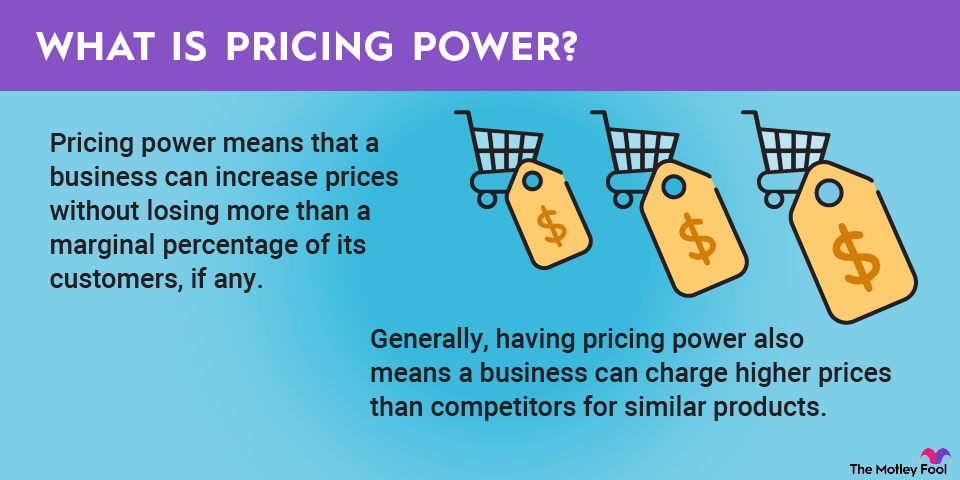Divorces mark the end of a marriage and are often tragic affairs. Getting divorced, however, shouldn't automatically doom one (or both) people in a failed marriage to a significant financial loss. Enter prenuptial agreements, which protect assets in case of a marital breakup.
We'll explain what they are, what they cover, and the pros and cons of prenups. Then, we'll give you some examples of famous breakups that occurred with (and without) prenups in force.

What is a prenuptial agreement (prenup)?
A prenuptial agreement, or prenup, is a document that roughly 15% of American couples have signed to protect their assets in case of a marital split. According to the American Psychological Association, as many as half of all first marriages and two-thirds of second marriages end in divorce.
Given the prevalence of divorce, a prenup that spells out how property and assets would be divided in case of a marital breakup isn't the worst idea on the planet. And the ranks of couples with prenups are growing.
Although prenups are often considered a financial shield for wealthy, older people, only 13% of couples between the ages of 45 and 54 have an agreement over how to divide assets in case of a divorce. Meanwhile, almost 40% of married or engaged couples between the ages of 18 and 34 have a prenup.
Prenups are largely designed to prevent disagreements over the division of assets and liabilities, but they serve another purpose: minimizing one area of strife in a process often marked by disagreements, if not outright arguments.
What do prenups cover?
Prenups can cover a wide range of issues that come up during a divorce. They almost always detail how assets and liabilities will be split and can address the particularly thorny issue of alimony, or how much one ex-spouse will give the other to support them.
Well-crafted prenups address the division of property, such as the marital home, furniture, cars, jewelry, and other valuable items. Financial assets also should be discussed. A prenup will define how savings, investments, retirement accounts, and inheritances are divided. Depending on the length of the marriage, pet custody -- but not child custody -- can become part of a prenup.
Equally important is the division of liabilities. A prenup should stipulate how mortgages, credit card balances, car loans, and student debt will be paid. Bankruptcies and foreclosures may also be addressed for soon-to-be ex-spouses who are struggling financially. Legal fees and insurance are often part of a prenup, and alimony is a subject best addressed sooner rather than later in a prenup.
It's worth noting that nine states have community property laws. In Arizona, California, Idaho, Louisiana, New Mexico, Nevada, Texas, Washington, and Wisconsin, most assets acquired during a marriage by either party are considered joint assets. Marital assets will be split evenly in a divorce in these nine states.
Pros and cons of prenups
As mentioned, a well-constructed prenup can reduce one source of tension in a failing marriage. From a financial standpoint, it can prevent one spouse from losing most of their assets or becoming responsible for the other spouse's debts.
Further, while a prenup can be a touchy subject ("What do you mean, 'in case we get divorced?'"), a prenup can be a starting point for a serious and important conversation about marital finances. The biggest downside is obvious: Very few couples are comfortable considering the possibility of a divorce before they're even married.
However, prenups have other potential issues that can cause problems. If they're not properly designed for a specific state, a court can toss them out. And they can be expensive to set up, especially for people with complex finances.
Famous prenups
Jack Welch didn't just get rid of thousands of employees during his tenure as CEO at General Electric; he also dumped his wife. Welch and Jane Beasley had signed a prenup -- and one with a sunset clause.
Since the marriage had lasted more than 10 years as of 1999, Mrs. Welch argued that she should receive half of her billionaire ex-husband's assets when they divorced in 2002. She settled for a mere $150 million.
Related investing topics
Likewise, basketball legend Michael Jordan's wife, Juanita, had an agreement with her ex-husband that she would get half his wealth if the couple split up. They divorced in 2006; she settled for one-third, which amounted to $168 million.
For the most successful prenup in the last few decades, however, you'd have to look to Sheila Johnson, the wife of Robert Johnson. The Black Entertainment Television (BET) co-founder, considered the nation's first Black millionaire, challenged his prenup in court and lost -- to the tune of $400 million. (His ex-wife married the judge who heard the original divorce case.)



















